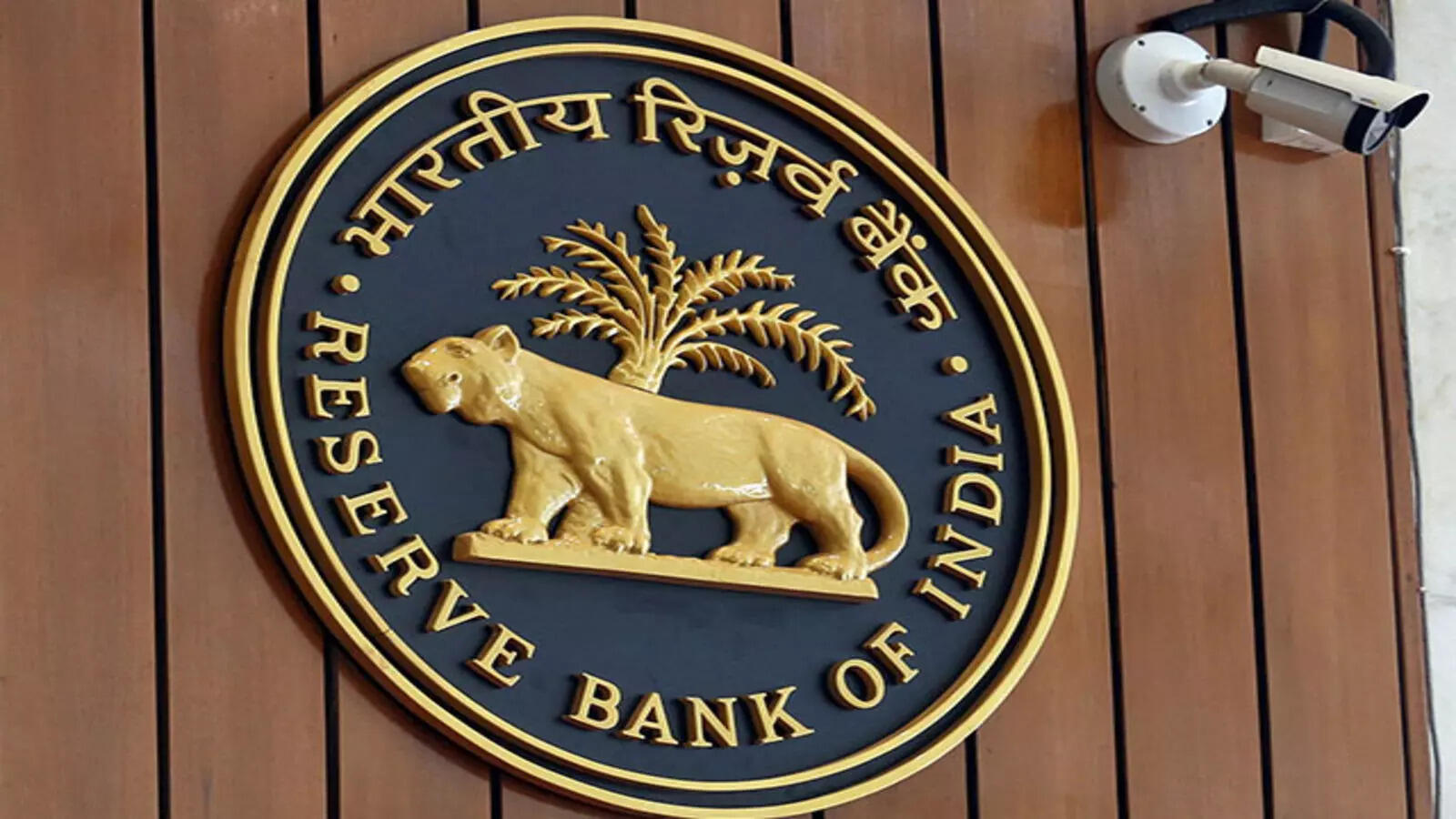Indian banking to see fresh phase of consolidation
[ad_1]
Read More/Less
The Indian banking sector is set to witness a fresh phase of consolidation over the medium term, driven by large private sector banks, according to Acuité Ratings and Research.
The credit rating agency observed that the next phase of banking sector consolidation is likely over FY 22-24, with large private sector banks (PVBs) set to become larger.
The sector has already seen the first round of consolidation in the PSB (public sector bank) sector over the last five years through the initiative taken by the Government of India, with an intent to achieve scale and balance sheet strength.
“Given the current buoyancy in the equity markets, there is a significant opportunity for large Indian private banks to explore the inorganic growth route through acquisition of smaller private banks that continue to face headwinds or even public sector banks where the government is considering a disinvestment,” the credit rating agency said in a study.
However, any such consolidation will be influenced by various factors like strategic fitment, expansion plan in a particular region, compelling valuations, deposit franchise and technological compatibility.
Consolidation in PVB space
The study noted that many small sized PVBs continue to face chronic asset quality problems which constrain capital availability, hence there is uncertainty on their scalability and business sustainability over the short to medium term.
“Challenges related to corporate governance and ability to raise capital, coupled with economic slowdown have significantly weakened their balance sheet.
“The pandemic has further worsened their performance, adding to their woes. These challenges are going to translate into inorganic growth opportunities for larger banks,” the agency said.
Hence, Acuité believes that consolidation in the private banking space is a distinct possibility in the near to medium term. The takeover of Lakshmi Vilas Bank by DBS Singapore is one such example of the consolidation trend.
The agency observed that the consolidation of PSBs has been undertaken to enhance competitiveness, capital position and operational efficiency which has seen a gradual deterioration over the last ten years.
Shift in biz
According to Acuité Ratings’assessment, clearly, a significant and consistent shift in business (credit + deposits) has been witnessed from PSBs to PVBs over the past few years.
Nevertheless, the consolidation concluded among PSBs and a significant quantum of fresh capital infusion in these banks by the government may mitigate the risk of a further loss in market share.
While Public Sector Banks (PSBs) continue to dominate the Indian banking industry with majority market share in both deposits and advances, PVBs have been steadily gaining market share, the agency said.
Over the last five years, PSBs’ market share has dropped by around 10 per cent in both deposits and advances, which has been largely taken over by PVBs.
PSBs market share in outstanding credit of scheduled commercial banks (SCBs) has declined from 68.4 per cent as at March-end 2017 to 58.6 per cent as at March-end 2021. PVBs market share in outstanding credit of SCBs has gone up from 27.4 per cent as at March-end 2017 to 36.4 per cent as at March-end 2021.
PSBs market share in outstanding deposits of SCBs has declined from 72.7 per cent as at March-end 2017 to 63.7 per cent as at March-end 2021. PVBs market share in outstanding credit of SCBs has gone up from 23.1 per cent as at March-end 2017 to 30.9 per cent as at March-end 2021.
“Clearly, asset quality and the resultant profitability as well as capital challenges have been the key factor in the slow down of the PSBs.
“This has been an opportunity for the large PVBs, who have cemented their market position in the domestic banking system through easier access to capital along with early initiatives on technological upgradation and enhanced customer experience,” the agency said.
Acuité Ratings’ opined that although there is no dearth of capital for better managed large and mid-size PVBs, regional and smaller PVBs with relatively high concentration risks in the corporate sector, significant exposure to the MSME segment and limited track record in mobilisation of capital, will continue to witness capital impairment risks.
“Given the limitation in their geographical franchise, their ability to bring about a structural improvement in their lending and deposit profile is uncertain,” it said.
In particular, the Covid pandemic and the consequent disruptive lockdowns have had a larger impact on the asset quality of smaller PVBs, emphasised the study.
In the rating agency’s opinion, such a scenario is expected to trigger a further consolidation in the domestic banking space over the medium term.
[ad_2]
